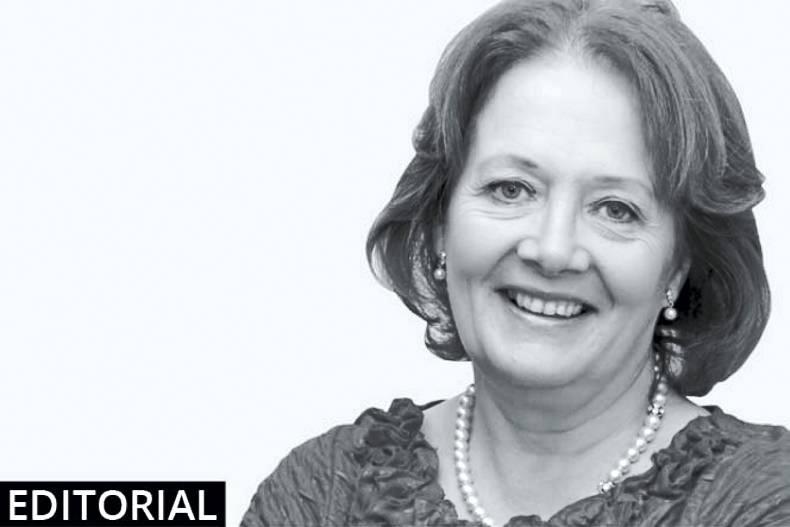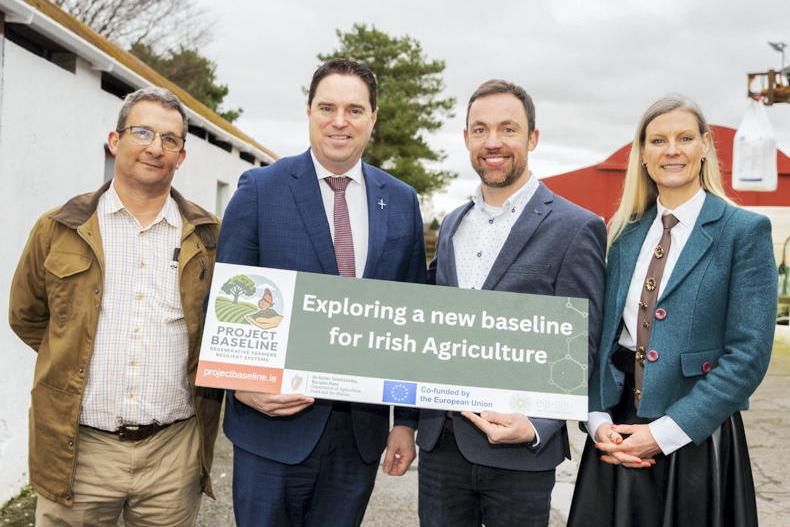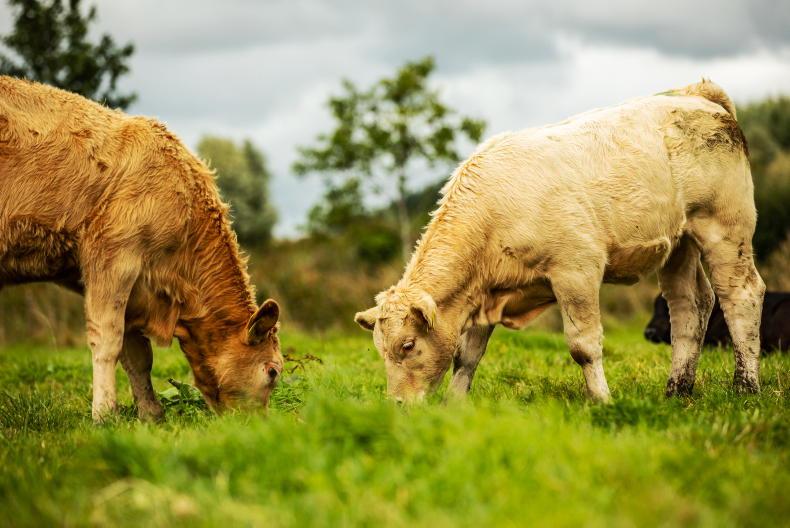Last week, I co-chaired an interesting conference in Croom, Co Limerick, organised by Carmel Fox and her team at Ballyhoura Development. It was all about social innovation and social enterprise – both terms are fairly new to me. In a nutshell, you could call them new solutions to social challenges which the State and the free market fail to provide. The bottom line for these social projects is that they improve quality of life in the communities with which they are associated.
I always get so much more out of these events when there is a show-and-tell element, and there was plenty of that here. It began with Elaine Butler, CEO of Croom Development, explaining what a voluntary committee was capable of achieving when it had strong leadership and the support of its community. The transformation of this small town is amazing and I will return to it later in the year.
I also intend to return to the work that St Joseph’s Foundation is doing for young people on the autism spectrum on a farm in Liskennet, Co Limerick. This project began in 2007 when the foundation noticed growing numbers of young people being diagnosed with autism, and set out to discover best practice in service provision.
The foundation now has 16 therapeutic apartments and a range of residential and respite services specifically tailored to the needs of each of the people it supports. Equine therapy is a big part of what they do and they follow the guidelines established by Rupert Issacson, the founding member of the Horse Boy Foundation. Issacson’s son formed a friendship with a horse and over time it was noticed that as the bond between boy and horse grew, the challenging behaviour decreased.
Looking around, I couldn’t get over the level of development that has been carried out at Liskennet in just seven years, especially in an era of austerity. It’s thanks to serious fundraising, local development support and backing from JP McManus that the facility is there, offering such a range of services. Well done to the chair, Charleville farmer Eamon McCarty, and his committee.
Another social innovation with a farm at its centre is Slí Eile near Churchtown, Co Cork. Brainchild of Joan Hamilton, whose daughter has suffered with mental health difficulties, it aims to break the cycle of medication and hospital admittance followed by shorter and shorter periods of wellness.
The residential community farm is a place where people can find safety, acceptance and support. Those who stay are involved in the daily tasks of running the farm or work in the bakery. Joan said that none of those who had benefited from the farm experience had been re-admitted to hospital.
We were told about a lot more social innovations that fulfil the brief of improving the quality of life of the people and communities they are associated with, including CareBright – a homecare business with 260 carers on its books.
Finally, a reminder about our Women & Agriculture Conference on 29 October – see you in Trim.








SHARING OPTIONS